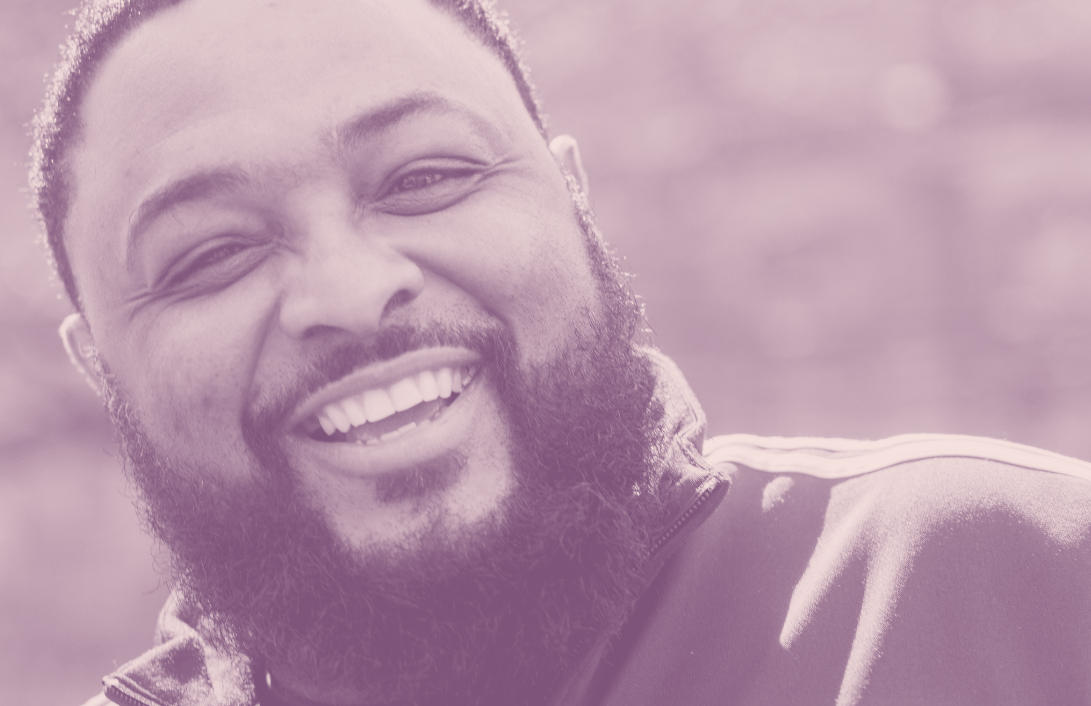Recovery
There are many recovery pathways.
Find what works for you.
Recovery starts with hope.
In recovery, people make changes over time that can help them feel better physically, mentally, emotionally, and spiritually, live life on their own terms through their own choices, and work toward reaching their goals, whether small or large.
Each person’s recovery journey is unique to them, from starting recovery to being in long-term recovery. Recovery is often most successful when supported by loved ones, social networks, and communities. You may experience feelings of joy, hope, and possibility again – maybe for the first time in years. Difficult feelings often come up too, but recovery communities and other supports will help you work through them. It’s a very personal process, and it may change over time as your needs change.
Our Helpline Specialists can share a menu of options that will support your journey at each step. Call us to talk with a Helpline Specialist at 800.327.5050.
The process of recovery looks different for everyone. You get to decide what works best for you. Some of the many options for supporting your recovery include:
- Medication for addiction treatment (MAT)
Medication is an effective treatment for opioid use disorder, as well as alcohol use disorder. Methadone, buprenorphine, and naltrexone help reduce cravings for opioids and reduce withdrawal symptoms, while medications such as Acamprosate, disulfiram, and naltrexone can reduce alcohol consumption and increase abstinence rates. People take them differently and in different settings, so which medication you take is a decision you should make with your medical provider. Medications for addiction treatment can either be used in the short-term, long term, or for your entire life—just like you would take any other life-saving medication. It just depends on what you need or prefer. - Self-help and 12-step programs
Support groups where people with similar experiences support one another in their recovery. They can be religious or spiritual, like Alcoholics Anonymous, or secular (non-religious), like SMART Recovery. - Recovery coaching
Recovery coaches provide services to educate and support a person’s recovery. They help guide the recovery process and support the person’s goals and decisions. Recovery coaching is available at many places, including Peer Recovery Support Centers and places like behavioral health clinics, community health centers, and some hospitals. - Peer Recovery Support Centers
Peer Recovery Support Centers focus on recovery and offer drop-in services, peer- and 12-step support, and other recovery services. - Recovery homes (also sometimes called sober homes)
Recovery homes provide a structured setting free of alcohol and other drugs for people in recovery. Residents become part of a community and use community resources, including self-help groups and employment. - Recovery high schools
Recovery high schools are public high schools for youth ages 14-21 that provide educational environments that are structured to support youth recovering from SUD. - Recovery Learning Communities
Recovery Learning Communities are peer-to-peer communities for people with behavioral health conditions, including SUD, and other challenges like experiencing homelessness. They offer support groups, warm and welcoming spaces, trainings, and support in employment, housing, and health. - Harm reduction spaces
Overdose Education and Naloxone Distribution (OEND) sites and syringe program (SSP) exchange sites provide community and support for people who are still using. Learn more about harm reduction services available in MA.
Recovery takes commitment, but you don’t have to do it alone. With help from people who understand where you have been, it’s possible to reconnect with others and yourself. Many people in recovery go back to school, start families, rebuild relationships, get jobs, and live a fulfilling life.
When and where your recovery starts is up to you. You might choose to go to a harm reduction provider, begin medication for addiction treatment, join a self-help/12-step program, talk with your doctor, faith leader, or other trusted person, or join a Peer Recovery Support Center community.
People in early and long-term recovery use different services to support their recovery. You might use more than one service, and you might find other ways to help you support your recovery, like faith, therapy, sports, meditations, or anything else that helps keep you feeling healthy.
People in recovery often do some work to live a full, healthy life. Connecting with others helps nurture your recovery, sustain changes you have made, and prevent a recurrence of use (often called “relapse”). Many support groups and recovery communities provide tools and guidance for your new way of life and can help in both early and long-term recovery.
Video spotlight

Reach out
Your connection to
support.
We know your recovery journey is unique. We’ll help you find the support that’s right for you right now.
We’re here for you.
Helpline Specialists can help you find the services and supports that are right for your recovery. Call 800.327.5050, text us at 800327, or chat with us online. If you feel more comfortable exploring your options on your own, get started by answering a few questions anonymously or searching for services online.
Get to know Stella.

